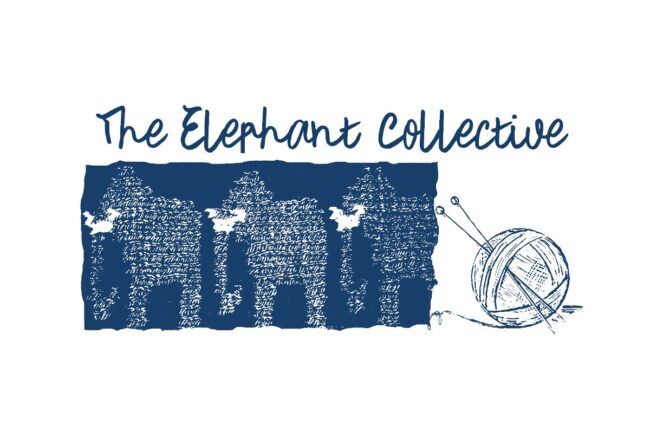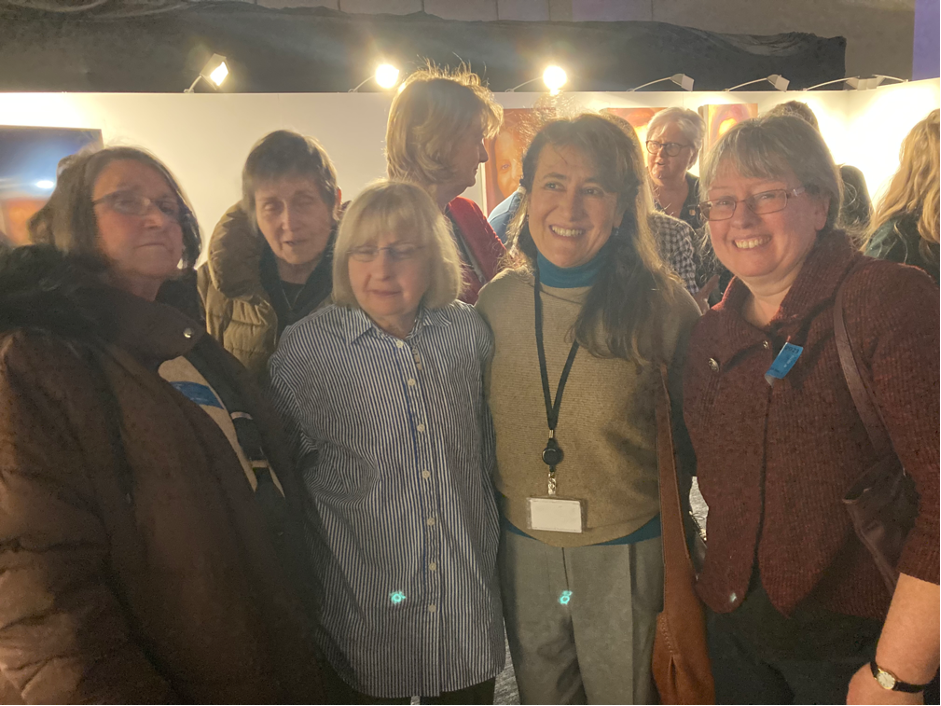A new Irish legislation for mandatory inquests into maternal deaths
“Remaking the Fabric of Care”
25.01.23
A new Act, the Coroners (Amendment) 2019 Act, was passed in full and enacted at the beginning of 2020. This law makes reporting and inquests into all maternal deaths mandatory. It also allows Coroners to go beyond the medical cause of death and investigate the circumstances in which the death took place and to notify the family members of the deceased person of the inquest.

This achievement was possible thanks to the commitment of the movement the “Elephant Collective” – a group of midwives, families, birth activists, such as our member association Irish Maternity Network, lawyers, etc-. The collective has been advocating since 2015 for strengthening the care in maternity services to reduce the numbers of maternal deaths.
It began to work with then TD Clare Daly on gaining mandatory inquests for all maternal deaths in Ireland followed by MEP Frances FitzGerald when she was Minister for Justice, who introduced it as a government bill.
Between 2007 and 2021, thirteen inquests on maternal deaths have been held and they show medical misadventure. Each inquest has given detailed insights into how the services are failing women and their families with tragic consequences. Furthermore, they put into evidence that the burden of injury and death has been borne disproportionately by women of colour.
Unfortunately, this repeats a pattern which holds true across Europe and in the UK: pregnant women of colour are especially vulnerable.
The Coroners (Amendment) Act 2019 represents a victory for women’s and mother’s rights activists and shows how citizens can make a real difference in the fight for reproductive justice, but the fight is not over. Across Europe and the UK, women of color still bear the burden of maternal injury and death at disproportionate rates.
Now the work needs to go further. Open disclosure at all levels of the administrative healthcare and judicial system are required to ensure safer reproductive healthcare for all women. Migration of women of color into the EU will not diminish soon and they have a right to the highest standard of care and safety that can be provided without discrimination. The current system puts these women, and other women in vulnerable situations, at disproportionate risk compared to their peers and it is a social responsibility to ensure that all people have equal access to reproductive care and justice.
The main messages from the Elephant Collective that Make Mothers Matter wants to echo are:
- Pregnant women have the right to universal access to good quality maternal health care and it is the duty of all countries to remove the barriers that prevent this from happening. Furthermore, to reduce the number of maternal deaths, states need to invest in care in their maternity services
- We all (families, civil society organisations, policymakers) have to advocate for this to be achieved
- All EU countries need to pass legislation for mandatory inquests into maternal deaths and to strengthen the care in their maternity services to reduce numbers of maternal deaths
To support our Irish colleagues and families, MMM attended the exhibition “Picking Up the Threads Quilt: Remaking the Fabric of Care”, an art exhibition from the Elephant Collective hosted by MEP Clare Daly MEP, at the European Parliament on 24 January 2023. The exhibition consists of a quilt knitted by hundreds of people across Ireland and abroad portraying the women who lost their lives. It aims to highlight the disproportionate number of maternal injuries and death suffered by women of color and the need for reproductive justice for all.
Left to right : Dr.Jo-Murphy Lawless, Johanna Schima (Head EU Del. MMM) and Liz Kelly (MMM member, Irish Maternity Support Network)
This exhibition is a reminder that change needs to happen and that citizens can make the difference.
Envisioning care as a common thread to global crises
29.07.24
UN New York - Our virtual HLPF side-event brought together experts to shed light on how the various global crises we face (in particular climate change and other environmental crises,
We call for multi-stakeholder approach to recognise and support unpaid care work
21.07.24
UN New York - Participating in the meeting of the UN Economic and Social Council (ECOSOC) on care and support systems, MMM reaffirmed the principle of co-responsibility, which should underpin
The New EU Gender Equality Roadmap : A Call for Inclusion of Mothers
04.03.25
The European Commission’s initiative on a new Gender Equality Roadmap post-2025, marks a significant step forward in addressing gender disparities across the European Union. Make Mothers Matter (MMM









